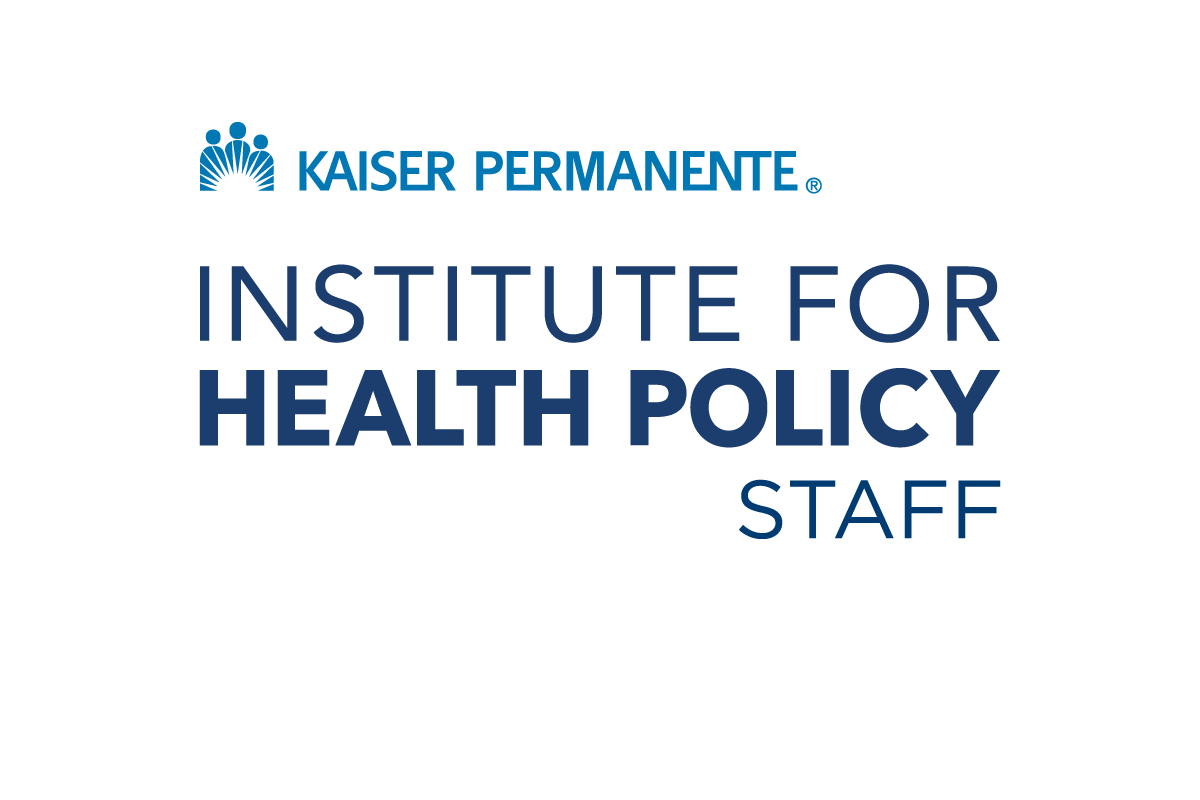
On January 23rd, the National Academy of Sciences, Engineering and Medicine (NASEM) held the Affordable Drugs Stakeholder Meeting.
This was the third of three meetings for the Ensuring Patient Access to Affordable Drug Therapies committee, an ad hoc committee within NASEM that examines patient access to affordable and effective therapies, with emphasis on drug pricing, inflation in the cost of drugs, and insurance design. The committee will issue a report with findings and recommendations for policy actions that could address drug price trends, improve patient access to affordable and effective treatments, and encourage innovations that address significant needs in health care.
Sharon Levine, MD, Executive Vice President, the Permanente Federation, participated in a panel discussion at the committee meeting, alongside leaders from biotechnology and pharmaceutical companies, to represent Kaiser Permanente’s perspective – as a provider and a payor – on drug pricing. Dr. Levine detailed the factors that make it difficult to manage the impact of exorbitant drug prices on the total cost of care.
In a healthy free market, prices are determined through a process of negotiation and competition. Dr. Levine explained how there is no “free” market in the pharmaceutical market. Laws provide monopoly protection for sellers, both in terms of patents and other forms of market exclusivity. Likewise, buyers have had their bargaining power systematically undermined by policy, essentially turning many buyers into price-takers who must accept whatever price the pharmaceutical companies set.
Until recently, most conversations accepted drug prices as a given and instead focused on managing the costs. However, as drug prices in the United States have reached extraordinary new heights in the past few years and continue to rise, more attention has been given to figuring out how to bring costs under control. Among Dr. Levine’s suggestions, she emphasized the need for legislation at the state and federal level requiring transparency in pharmaceutical pricing and to re-examine current patent law and exclusivity grants. While all parties, including manufacturers, must be accountable for their role in driving costs up for consumers, congressional action is necessary to create meaningful reform in drug pricing.
As a provider of care Kaiser Permanente appreciates and increasingly depends upon the clinical value delivered by prescription drugs; yet experiences every day the impact that drug prices have on patients and members and the threat they pose to affordability and accessibility. Current drug prices put vital therapies out of reach for patients, straining family, public and private budgets. Drug pricing is an aberration in a health care system which is otherwise committed to transforming itself to ensure affordability.